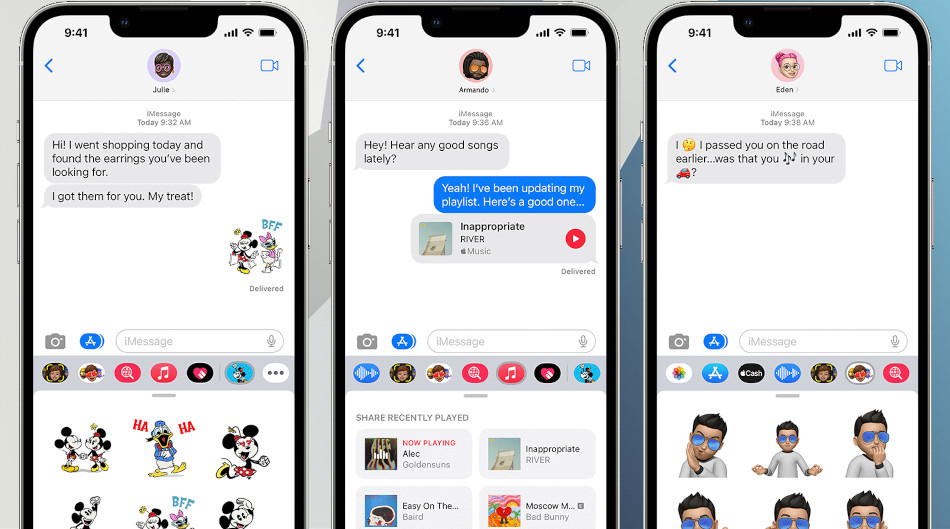
European Commission Exempts Apple’s iMessage from Antitrust Regulations
Understanding the European Commission's Decision Regarding Apple's iMessage Under the Digital Markets Ac
NEWS News February 13, 2024 Reading time: 2 Minute(s)
The European Commission's recent decision regarding Apple's iMessage under the Digital Markets Act (DMA) has sparked significant discussion and analysis within the tech community. After rumors circulated about the potential exemption of iMessage from antitrust regulations, the Commission formally announced its stance, along with a similar decision regarding Microsoft's Bing, Edge, and Advertising services. This development has far-reaching implications for the future landscape of digital platforms and competition within the European Union.
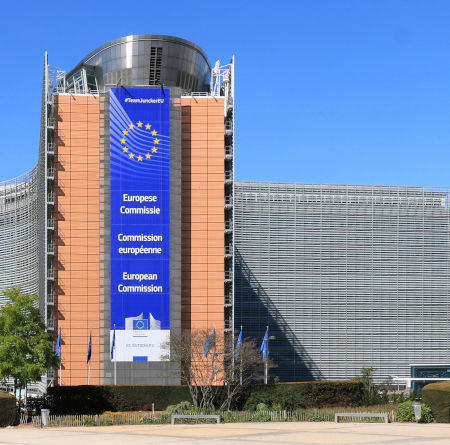
The European Commission's press release clarified that neither Apple's iMessage nor Microsoft's specified services would be designated as "gatekeepers" for core platform services under the DMA. This decision signifies the conclusion of the Commission's investigations into these services, providing Apple and Microsoft with a degree of reassurance. However, it's essential to note that this ruling does not alter the gatekeeper designation for other core platform services provided by these companies, such as Apple's App Store, Safari, iOS, and Microsoft's Windows.
Scheduled to take effect on March 7, 2024, the DMA introduces a new regulatory framework for digital platforms operating within the EU. Gatekeepers, including those responsible for core platform services like app stores and operating systems, will be subject to various obligations aimed at fostering competition and innovation. These obligations include requirements for interoperability with third-party services, designed to promote a more open and competitive digital ecosystem.
Apple has already announced significant changes to its operations within the EU in response to the DMA's requirements. These changes aim to ensure compliance with the legislation, although some critics have characterized them as "malicious compliance" in certain instances. Despite this, Apple's commitment to adapting its practices to align with the DMA demonstrates the significance of this regulatory framework for major tech companies operating in the region.
Prior to the European Commission's decision, Apple had revealed plans to introduce RCS support to its Messages app on iOS, alongside iMessage. This move was potentially transformative, offering the possibility of interoperability with Android devices and potentially ending the long-standing "blue bubble vs. green bubble" divide in messaging platforms. However, the Commission's ruling means that iMessage will not be compelled to open up to competitors at this time, leaving the future of messaging interoperability uncertain.
In conclusion, the European Commission's decision regarding Apple's iMessage under the DMA marks a significant moment in the regulation of digital platforms within the EU. While iMessage remains exempt from antitrust regulations as a gatekeeper for core platform services, the broader implications of the DMA for competition and innovation in the digital space are still unfolding. As tech companies navigate these new regulatory landscapes, the balance between market dominance and consumer choice will continue to shape the evolution of the digital economy.
IMAGES CREDITS: APPLE | WIKIPEDIA
European Commission Antitrust Regulations Digital Markets Act iMessage Apple Microsoft Gatekeepers Interoperability Tech News RSMax
*Our pages may contain affiliate links. If you buy something via one of our affiliate links, Review Space may earn a commission. Thanks for your support!
CATEGORIES





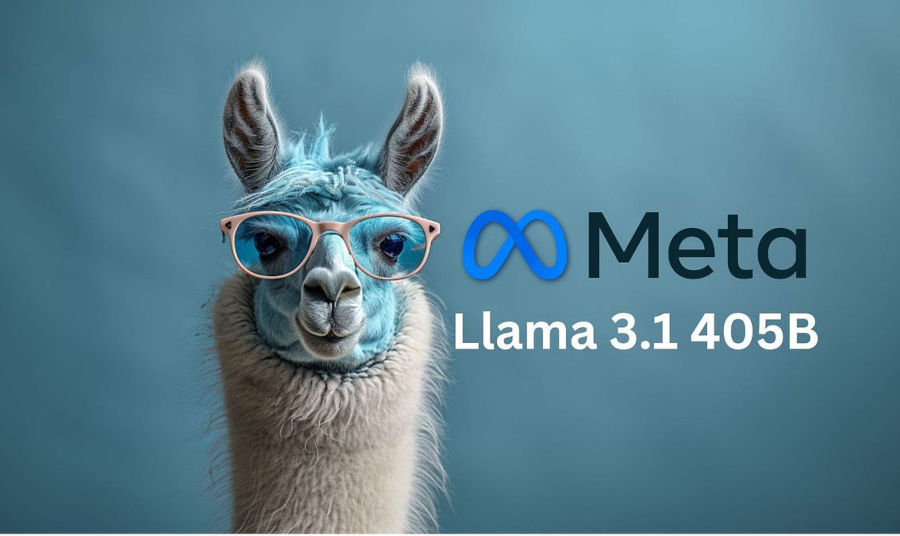





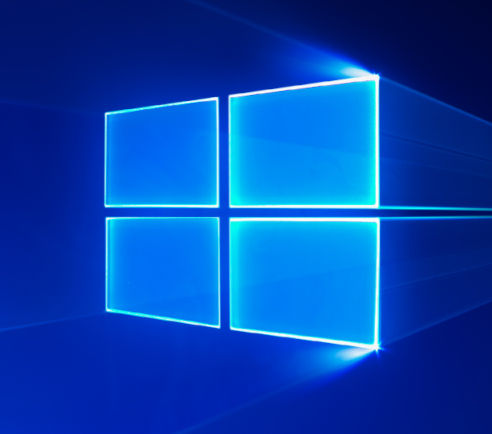








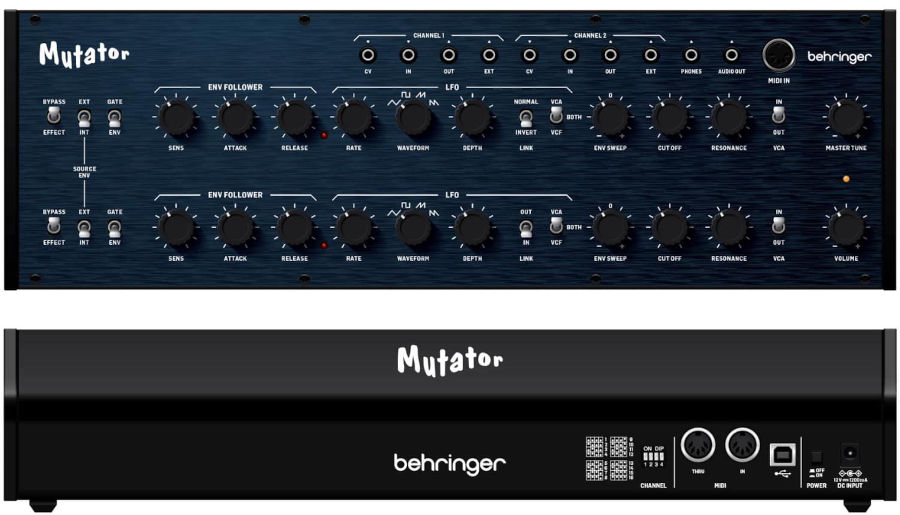




COMMENTS